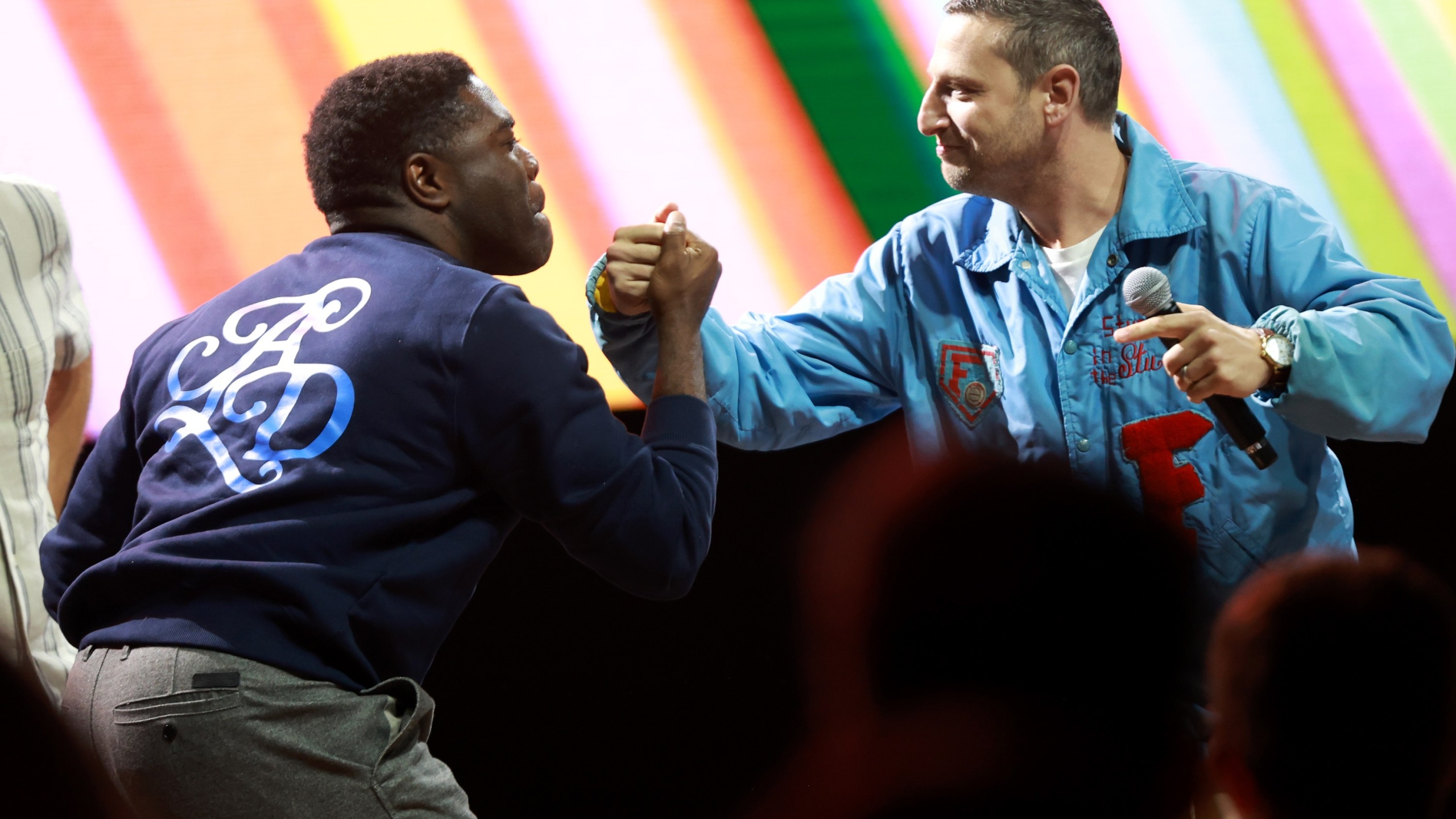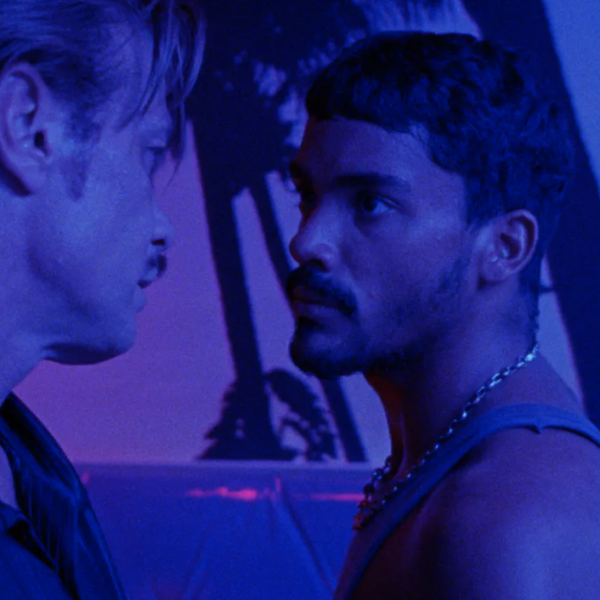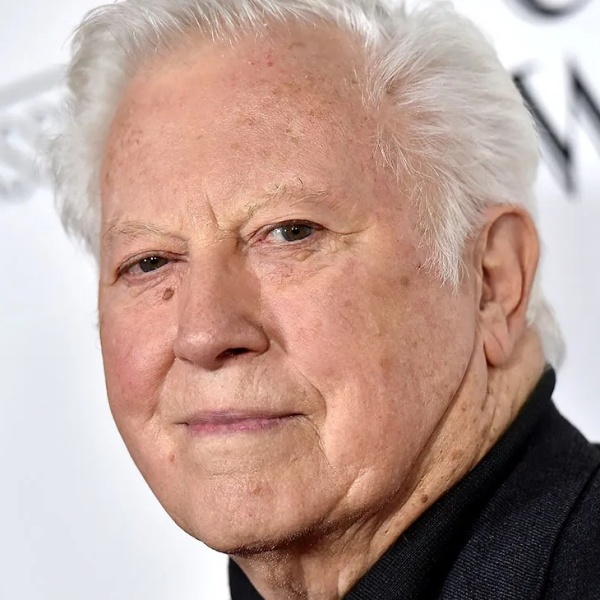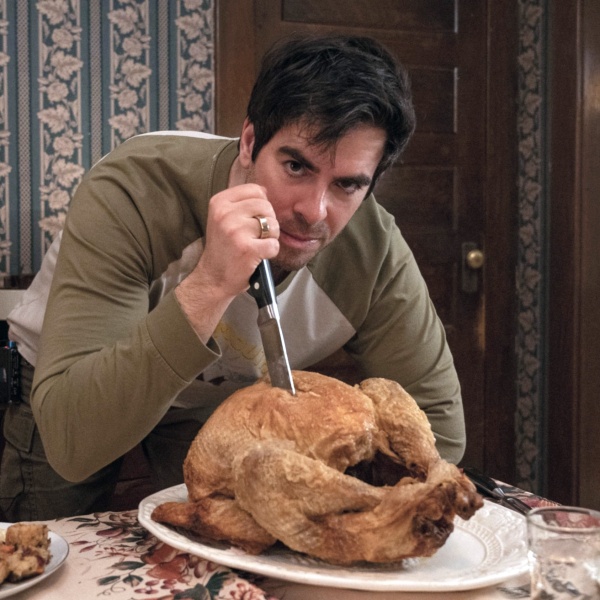As the Kia Forum slowly filled with New England Patriots jerseys (alongside the odd Tampa Bay Buccaneers logo) on Sunday, May 5, an emcee took the stage to rally the crowd before the Roast of Tom Brady began airing live. “We’re not doing any cancel culture in here tonight,” he said to roaring applause before performing a quick opening set of jokes that largely revolved around how easily offended people are today.
The crowd, who had made the trek to Inglewood to hear some no-holds-barred insult comedy, was a perfect match for the material. And the three hours of explicit jokes that followed consistently pushed the boundaries of good taste on topics ranging from race and gender to marital infidelity and strip mall massage parlors. The crowd ate it all up.
The vibe was very different at the “I Think You Should Leave with Tim Robinson Live” show at the Greek Theater on Saturday, May 11, but the laughter was equally deafening. The Los Feliz venue overflowed with complicated shirts from Dan Flashes and the occasional hot dog costume as a young crowd of East side comedy geeks settled in for a celebration of every joke writer’s favorite sketch show. When “Saturday Night Live” veteran Brooks Wheelan opened the show, his jokes about misguidedly adopting his parents’ right wing political views as a clueless elementary schooler played perfectly to the younger crowd. There wasn’t a single reference to “wokeness” or “cancel culture” during the entire joyful performance, and jokes that killed at the Brady roast likely would have elicited eyerolls in the room.

The two events represented a small cross section of the sprawling Netflix Is a Joke Festival, which took over Los Angeles from May 2-12. Virtually every major venue in the city, from the Forum and Hollywood Bowl to small local clubs, became a vehicle for Netflix events for 11 days. From star-studded headlining shows from the likes of John Mulaney and Jerry Seinfeld to niche late night events in tiny theaters, there was something for everyone in Los Angeles who needed a laugh.
The festival, which takes place every other spring, was already an impressive feat of logistics and a flex of the streaming giant’s continued ability to attract star power. But the most notable aspect might have been its ability to keep a foot in two separate worlds while our culture argues about what should and shouldn’t be “allowed” in comedy.

Jerry Seinfeld’s face was a frequent presence throughout the festival’s marketing materials, in no small part because Netflix rolled out his directorial debut “Unfrosted” to coincide with its biannual celebration of comedy. But his comments about how the “extreme left” and changes in the entertainment industry have made life harder for comedians might have attracted more attention than the film itself. To some, his remarks were evidence that even the godfathers of modern comedy now feel stifled by an oversensitive culture. To others, it was just a 70-year-old billionaire demonstrating an unwillingness to adapt to a world that’s becoming more inclusive.
The question of what kinds of jokes are permissible in a movie about Pop-Tarts is ultimately irrelevant, but his comments highlighted a deeper divide in the world of comedy that is unlikely to disappear anytime soon. All of the rage-inducing buzzwords mask a debate about what the art of comedy is actually supposed to represent in the 21st century. If you’re willing to listen in good faith, it’s not hard to find sincerely reasoned arguments for both sides.
To some, comedy is a valve that releases the pressure that forms under the daily obligations of social niceties. And it only works when comics are able to say whatever they want, whenever they want, with the understanding that the rules of polite society are temporarily suspended as long as the crowd is laughing. People like Seinfeld see the craft of inducing laughter as noble enough to justify spending their lives on it. To them, inserting considerations about political correctness into their creative process does nothing but slow them down. When you have to expand your focus beyond the science of comedy, your act inevitably becomes weaker and the world becomes a less fun place to live. There are plenty of other spheres of society that are better suited to solving the world’s problems, so they argue that we should all be content to let comedians be comedians.
The flip side of that argument is that comedy has always been a vehicle for afflicting the comfortable and comforting the afflicted. Cliches about the importance of “punching up” rather than “punching down” have surrounded comedy since its inception, and have only grown more omnipresent as certain audiences have become more socially conscious. Fans who groan at the mention of “cancel culture” would likely characterize Seinfeld’s comments as a misunderstanding of what the art form has always represented. Nobody is “inserting” politics into comedy, the argument goes — it’s always been there, and it shouldn’t feel like a sacrifice to align one’s sense of humor with a worldview that bends toward justice.
It’s not an easy question to answer, as it comes down to different people wanting the entertainment they consume to serve fundamentally different purposes. But regardless of which side of the debate you come down on, there were plenty of shows for you. Controversial provocateurs such as Shane Gillis and Matt Rife headlined the same venues as socially conscious acts like Jon Stewart and John Mulaney. Even if there was minimal overlap between the audiences at the events, it was all wrapped together under the same iconic red Netflix branding.
The scale and success of the event speaks to Netflix’s ability to do something that virtually nobody else in Hollywood has figured out: Producing monoculture in a fragmented world. In an era where box office numbers and linear TV ratings (for everything except sports) are down and everyone carries devices designed to feed us unlimited amounts of content tailored to our personal interests, the commonly accepted wisdom is that pursuing mass audiences is often fruitless. The most successful projects lean into their specificity, aiming to be 100% of what a small, passionate audience wants rather than 70% of what a larger one would prefer. The Netflix Is a Joke Festival took the opposite approach, and by all accounts succeeded in finding a definition of comedy that everyone found at least partially palatable. Walking out of the events, it was hard to shake the feeling that Hollywood’s most profitable streaming service is the last cultural gatekeeper in which we’re all equally invested.
The only other exception might be the NFL — so it’s no surprise Netflix is reportedly getting in on that, too.



